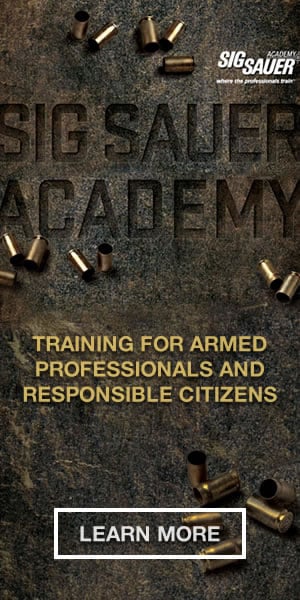Ohio House Bill 147 seeks to make a rather drastic overhaul of Ohio's Concealed Carry Permit System which began in 2004. Prior to that time, Ohio operated under an "affirmative defense" system when it came to the issue of "lawful" carrying of concealed handguns by civilians. The affirmative defense system meant that only certain persons, such as business owners or those who regularly traveled through dangerous neighborhoods in the course of performing their job duties, had any legal standing when it came to lawful civilian carry. The hidden issue in affirmative defense was the fact that the "lawful" person carrying a concealed handgun could still be arrested, charged and brought before a judge to face felony charges, even if they fell under the legal classification of citizens who were potentially deemed as having a lawful right to carry. They in fact could go to prison based on the demeanor and attitude of the judge. Many folks caught up in this misguided legal concept, ended up pleading to misdemeanors, rather than the felony to avoid losing their firearms rights and freedom.
Fortunately, affirmative defense was replaced by the current "Shall Issue" system (which is the type of system used in the vast majority of states) which eliminated the whims and attitudes of individual police officers, prosecutors and judges in determining who had the right to defend themselves with a concealed handgun. As long as you take a training class, pass a background check, pay the fee, and follow the laws in regard to carrying a concealed handgun in Ohio, you could exercise your rights, unfortunately in fewer locations than other "Shall Issue" states granted their citizens. You are also allowed to carry a concealed handgun when traveling in other permit states that have reciprocity in Ohio. That's also a good thing.
What H.B. 147 would do is essentially dismantle the current permit system, and eliminate the requirement to obtain a concealed carry permit, or take any training class regarding concealed carry. As long as you do not have a criminal record that prohibits you from carrying a concealed handgun or possessing a firearm you could carry it concealed.
As someone who worked to pass concealed carry in Ohio, and always supported the right of citizens to defend themselves (because as a cop, I know that cops can't be there when needed most), I must admit to having a few reservations about H.B. 147. I have not said I am opposed to it. I just have some concerns. There are basically two.
First, constitutionally, in the purest sense, I support H.B. 147, since the right to keep and BEAR arms shall not be infringed. Infringement is seen by supporters of H.B 147 to include required training, permits and fees. I get it. But carrying a weapon outside the home for self-defense is different than using one inside the home for defense simply because there are more people at risk from stray or missed shots outside the home. I want defenders to be reasonably good shots. A missed shot in public 2015 is a lot more likely to cause damage to persons and property than a missed shot in 1791. That is my first concern.
My second concern is this. Will Ohio be at risk of losing reciprocity agreements with Shall Issue permit states? Right now, there are only five states that have "no permit necessary" type laws. That's not a lot of reciprocity if we only have five states left that will allow our citizens to carry there. I am not sure if that aspect has been thought all the way through. There was no mention of it in articles I could find. Hopefully that won't be the case if H.B. 147 passes into law.
Like I said, I don't oppose H.B. 147. However, if H.B. 147 does pass into law I would recommend that those new to handguns and their use in lawful self-defense still seek out qualified training classes. There are a lot of dynamics in terms of law and the application of potentially deadly force that need to be understood. Seek out quality, experienced trainers, and join organizations like the NRA and The U.S. Concealed Carry Association for up to date information concerning legal, tactical and practical issues concerning lawful self-defense.


